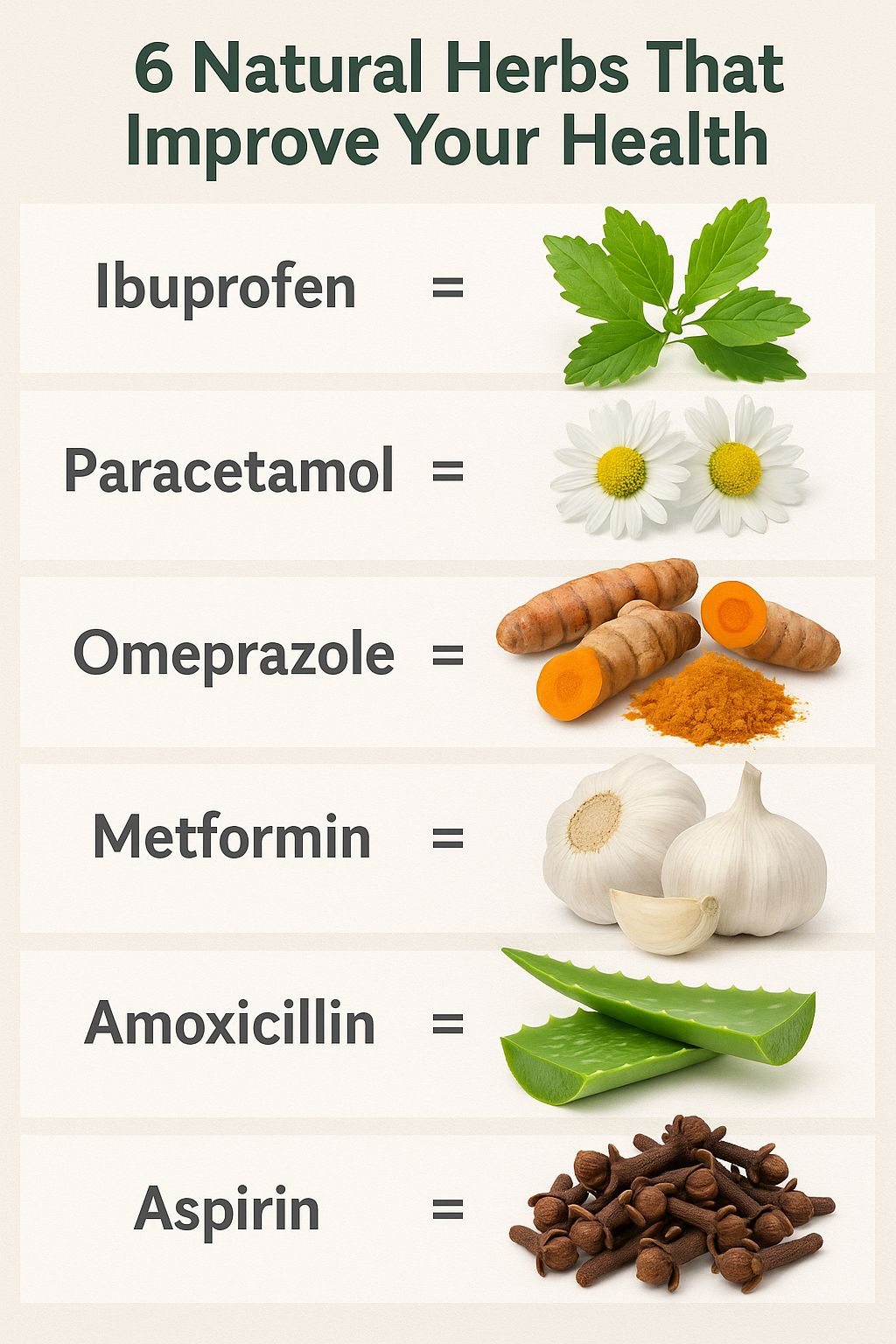In a world increasingly concerned with the side effects of pharmaceutical medications, many people are turning to natural alternatives that have been used in traditional medicine for centuries. These natural herbs offer similar benefits to common medications but often with fewer adverse effects. Here’s a comprehensive look at six powerful natural herbs that may serve as alternatives to popular medications.
1. Matalafi: Nature’s Ibuprofen
What it is: Matalafi (Psychotria insularum) is a medicinal plant native to Samoa and other Pacific islands that has been used in traditional Samoan medicine for generations.
How it works: Research published in the Proceedings of the National Academy of Sciences revealed that matalafi contains compounds that inhibit inflammatory pathways similar to ibuprofen. It works by reducing inflammation through the NF-κB pathway, which is the same target of many modern anti-inflammatory drugs.
Benefits:
- Reduces inflammation and swelling
- Alleviates pain from various conditions
- May help with fever reduction
- Contains antioxidants that protect cells from damage
How to use it: Traditionally prepared as a tea or extract from the leaves. Always consult with a healthcare provider before replacing prescribed medication.
2. Chamomile: The Natural Paracetamol
What it is: Chamomile is a daisy-like plant that has been used for medicinal purposes for thousands of years, particularly in ancient Egyptian, Greek, and Roman cultures.
How it works: Chamomile contains compounds like apigenin that bind to the same brain receptors as paracetamol (acetaminophen), producing mild analgesic and anti-inflammatory effects.
Benefits:
- Mild pain relief
- Reduces inflammation
- Promotes relaxation and sleep
- Calms digestive issues
- Soothes skin irritations
How to use it: Most commonly consumed as a tea, but also available in capsules, extracts, and topical applications.
3. Turmeric: Nature’s Omeprazole
What it is: Turmeric is a bright yellow-orange spice derived from the root of the Curcuma longa plant, which belongs to the ginger family.
How it works: The active compound in turmeric, curcumin, has been shown to inhibit acid production in the stomach and protect the gastric mucosa, similar to how proton pump inhibitors like omeprazole work.
Benefits:
- Reduces stomach acid production
- Protects stomach lining
- Powerful anti-inflammatory properties
- Antioxidant effects
- May prevent certain digestive cancers
How to use it: Can be used in cooking, taken as a supplement (often with black pepper to increase absorption), or consumed as a tea or golden milk.

